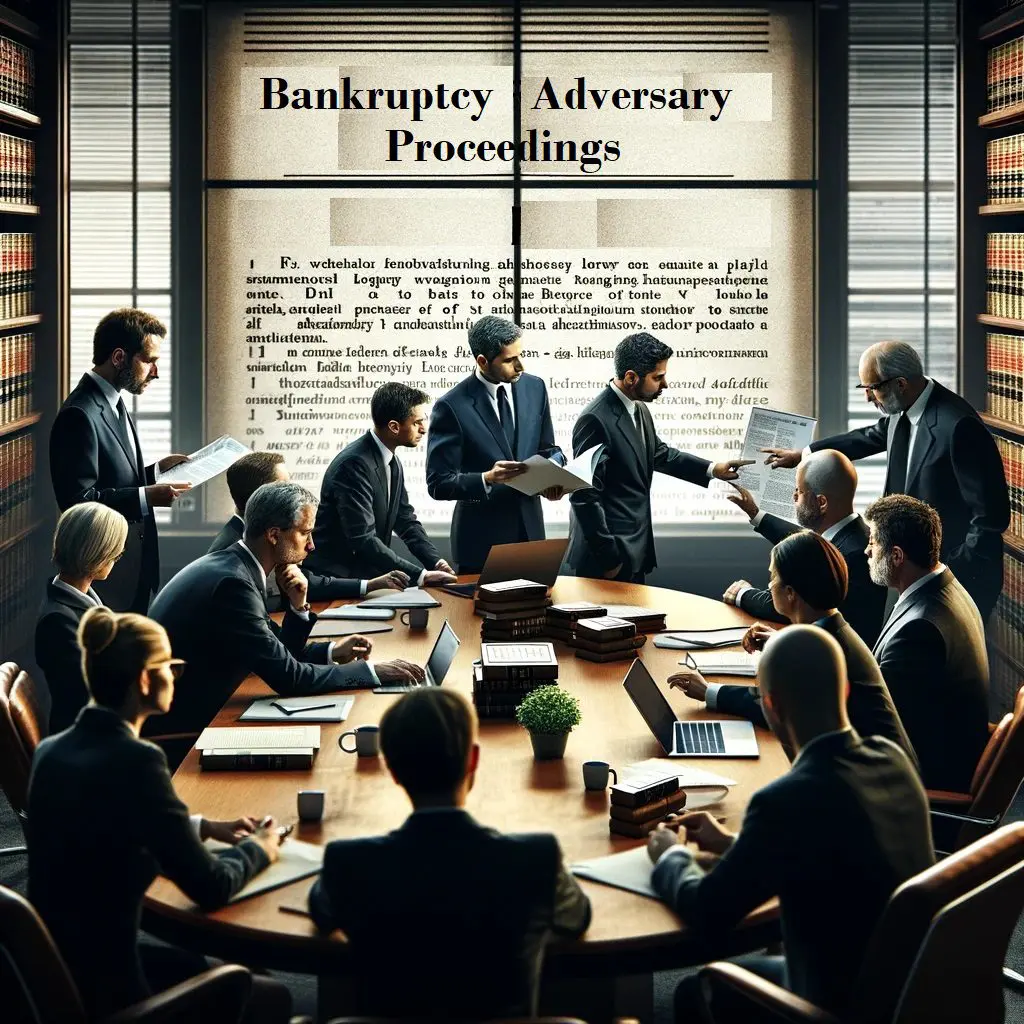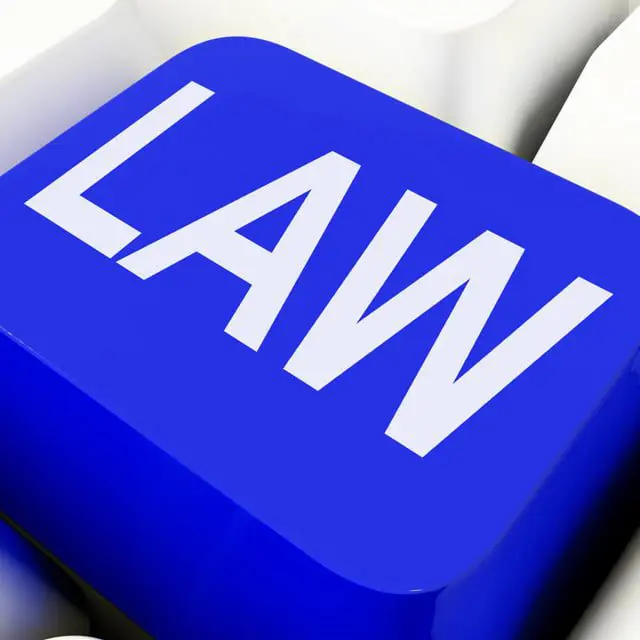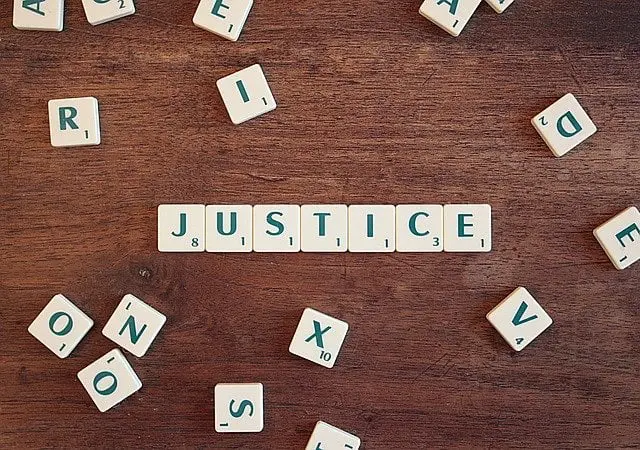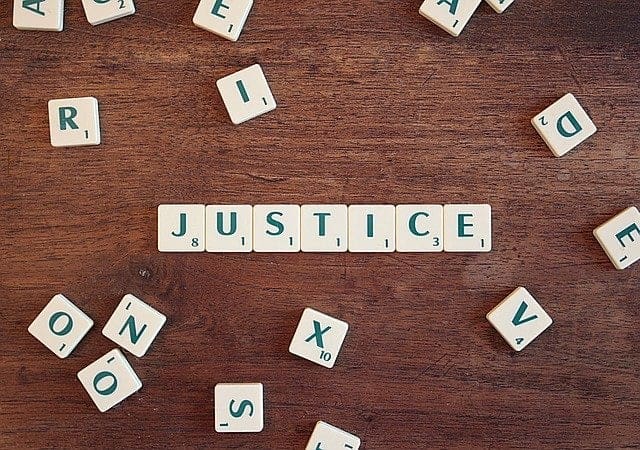In the complex world of bankruptcy law, Bankruptcy Adversary Proceedings stand out as a critical mechanism for resolving disputes that arise within the broader context of a bankruptcy case. These legal battles, which unfold in bankruptcy courts, can address a range of issues from the dischargeability of certain debts to the validity of liens and the determination of the true extent of a debtor’s estate. Understanding the nuances of adversary proceedings is essential for debtors, creditors, and legal professionals navigating the bankruptcy process.
The Nature and Importance of Bankruptcy Adversary Proceedings
At their core, Bankruptcy Adversary Proceedings are lawsuits filed within a bankruptcy case. Unlike the main bankruptcy case, which focuses on the debtor’s overall financial situation and the plan to either liquidate or reorganize assets, adversary proceedings zoom in on specific disputes between parties. These might include conflicts over the dischargeability of debts, allegations of fraudulent transfers prior to bankruptcy, or disagreements over the details of a repayment plan.
Key Issues Addressed in Adversary Proceedings
Several critical issues are commonly addressed in these proceedings:
- Dischargeability of Debts: One of the most frequent uses of adversary proceedings is to determine whether certain debts can be discharged. Creditors may argue that due to fraud, misrepresentation, or other factors, a debt should not be eliminated through bankruptcy.
- Preferences and Fraudulent Transfers: Adversary proceedings can also tackle the problem of preferences (payments made to certain creditors before filing for bankruptcy) and fraudulent transfers (attempts to hide assets from the bankruptcy estate).
- Lien Validity and Priority: Disputes over the validity of liens or the priority of creditors’ claims are also settled through adversary proceedings, ensuring that the rights of all parties are considered and upheld according to bankruptcy law.
The Process of Adversary Proceedings
The process for initiating and conducting an adversary proceeding mirrors that of a traditional lawsuit but takes place within the framework of the bankruptcy court. It begins with the filing of a complaint by one party against another. The defendant then has the opportunity to respond, and the case may proceed through discovery, trial, and, eventually, a judgment. The specialized nature of bankruptcy courts ensures that these proceedings are handled by judges with deep expertise in bankruptcy law, contributing to fair and informed outcomes.
The Role of Legal Representation
Given the complexity and stakes of Bankruptcy Adversary Proceedings, the role of skilled legal representation cannot be overstated. For debtors and creditors alike, navigating these proceedings without experienced counsel can be a risky endeavor. Bankruptcy attorneys not only provide guidance on the procedural aspects of these cases but also offer strategic advice on how to approach disputes, whether through litigation or settlement.
The Impact of Adversary Proceedings on Bankruptcy Outcomes
The outcome of adversary proceedings can significantly impact the overall bankruptcy case. For example, a ruling that a certain debt is nondischargeable may alter a debtor’s financial recovery plan. Similarly, a decision on the validity of a lien can affect the distribution of assets in a bankruptcy estate. Understanding the potential implications of these proceedings is crucial for all parties involved in a bankruptcy case.
Real-Life Examples of Bankruptcy Adversary Proceedings
Case Study 1: Dischargeability of Student Loans One notable example involves the issue of student loan debt dischargeability in bankruptcy. In many jurisdictions, debtors have filed adversary proceedings to prove that repaying student loans would impose an undue hardship, thereby qualifying them for discharge. A landmark case in this area is Bruner v. New York State Higher Education Services Corp., where the court established a three-part test for determining undue hardship. This case illustrates the critical role of adversary proceedings in addressing the pressing issue of student loan debt within the bankruptcy context.
Case Study 2: Fraudulent Transfer and Clawback Actions Another example involves the recovery of assets through clawback actions in cases of fraudulent transfer. In the aftermath of the Bernie Madoff Ponzi scheme, the trustee overseeing the liquidation of Madoff’s firm initiated numerous adversary proceedings to recover assets transferred fraudulently to third parties. These proceedings were instrumental in recouping billions of dollars for victims of the fraud, showcasing the power of adversary proceedings in rectifying injustices and redistributing assets to rightful claimants.
The Legal Process and Strategy
The initiation of an adversary proceeding requires meticulous legal strategy and thorough preparation. For instance, in disputes over lien validity, the plaintiff must present compelling evidence to challenge the lien’s enforceability. This may involve detailed analysis of the lien’s creation, the creditor’s conduct, and applicable state and federal laws. Successful challenges can significantly alter the landscape of a bankruptcy case, affecting asset distribution and the debtor’s ability to achieve a fresh start.
Impact on Bankruptcy Case Outcomes
The outcomes of adversary proceedings can have far-reaching implications for all parties involved. For debtors, a successful proceeding can mean the discharge of significant debts or the retention of crucial assets. For creditors, these proceedings can determine the recoverability of outstanding debts or the validity of secured interests in the debtor’s assets. The intricate dance of adversary proceedings thus plays a pivotal role in shaping the final resolution of a bankruptcy case.
Conclusion
Bankruptcy Adversary Proceedings represent a complex but essential facet of bankruptcy law, offering a formal avenue for resolving disputes and ensuring justice within the bankruptcy system. Through the lens of real-life examples and case studies, we can appreciate the depth and breadth of these proceedings’ impact on bankruptcy outcomes. Whether addressing the dischargeability of debts, challenging fraudulent transfers, or determining the validity of liens, adversary proceedings serve as a critical tool for upholding the principles of fairness and equity in bankruptcy cases.
Bankruptcy Adversary Proceedings serve as a vital dispute resolution tool within the bankruptcy system, ensuring that specific legal issues are addressed thoroughly and fairly. For anyone involved in a bankruptcy case, whether debtor, creditor, or legal professional, a clear understanding of these proceedings is essential for effectively navigating the complexities of bankruptcy law.
Disclosure: Generative AI Created Article
















